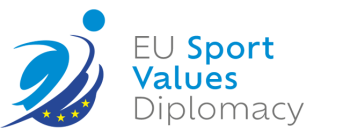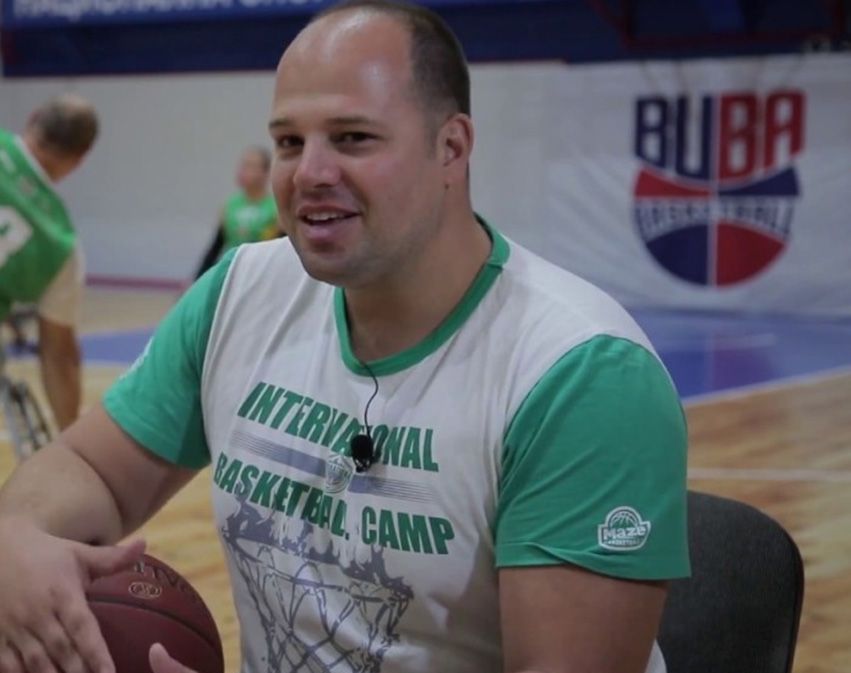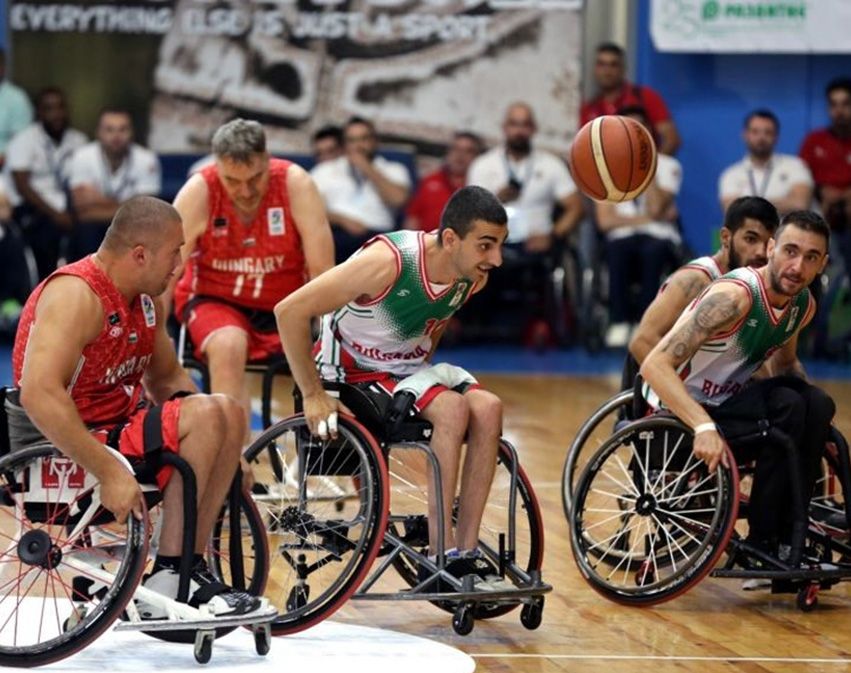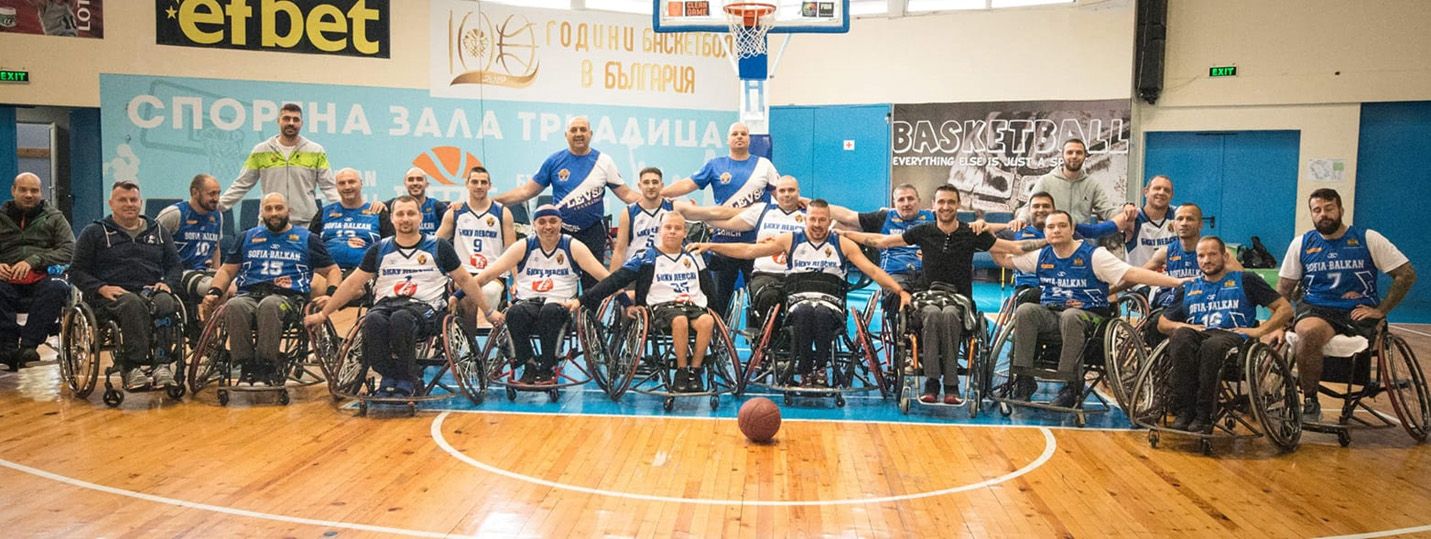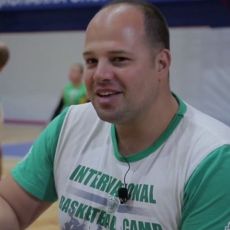
Vladimir Iskrov
Vladimir Iskrov was born in Sofia, Bulgaria. At the age of 12 he started playing basketball in basketball club "Levski", with which he won a championship titleand several second and third places in the junior championships. For two years he was part of the most successful national team for teenagers.
Vladimir started his basketball coaching training at the National Sports Academy "Vasil Levski", where in addition to his coaching diploma, he also obtained a diploma for a teacher of physical education. He also successfully graduated in kinesitherapy. His master's degree is sports psychology, and later developed his master's thesis in PhD. The thesis is oriented towards analyzing group processes and competitive performance in basketball, i.e. "How team dynamics, cohesiveness, collective efficacy and leadership influence athletic performance?”. Parallel to his studies in Bulgaria, he successfully completed the most prestigious basketball coaching course in Europe - FIBA Europe Coaching Certificate. In 2015 he was selected and became the first Bulgarian to take part in the International Coaching Apprenticeship in Basketball.
The program gives him the opportunity to be part of the Lehigh University Bethlehem, PA, USA. Parallel to the qualifications he has gained over the last 10 years, he has been able to work 5 years at Levski as a coach, where he was given the task to develop basketball in the town of Gabrovo.
Under his guidance the Gabrovo team "Chardafon Orlovets" achieved significant results in the Bulgarian basketball championships. After this success Vladimir received an offer to work in Ireland as head coach of N.A.B.A (North Atlantic Basketball Academy). When he came back to Bulgaria on the basis of the acquired experience and contacts abroad, he decided to implement the international Basketball Project Camp. The main goal of the camp is to provide an opportunity for the development of young talented basketball players abroad. A number of prominent coaches from the USA and Europe come to Bulgaria to look for and train basketball talents.
Since 2017 he has been the coach of the men's national sitting basketball team. Under his leadership, the team recorded its first participation in a European Championship and a historic first victory. As a coach, he is the champion of Bulgaria 6 times - three times with the Sofia-Balkan team and three times with the Levski team. In 2022 the national team finished third at the European Championship in Division C in Bosnia and Herzegovina.
Vladimir is one of the most famous coaches in Bulgaria, with a strongly positive social image and good acceptance and admire in the Bulgarian sport eco-system.
INTERVIEW:
- If you have to name THREE valuable qualities that sport has taught you - what are they? Why?
Hard work, perseverance and struggle. They are useful for every activity I do in and out of sport.
- What values do you teach the children and young athletes you work with and how did you acquire them?
First of all I teach them not to be afraid of anything, to be the best they could in life, as human beings. Secondly, I teach them that they ARE able to be the best in their sport no matter where they come from.
- What more does the European Union need to do to encourage more young people to embrace sport as a way of life?
The EU does a lot to develop sport. Somehow this is not visible enough in Bulgaria OR it is visible, but we see only how it is being supported and developed in the other EU countries.
My personal mission in life is linked to the sport of people with physical disabilities and with adapted physical activity. In this connection we encounter very often discrimination issues, when trying to integrate as people and through sport in the everyday life. That is why we are participating in a lotof projects funded by the European Solidarity Corps.
People with disabilities continue to be severely discriminated against due to a lack of accessible environments in public and residential buildings, means of transport, sports, cultural, educational, and entertainment facilities, as well as in a number of areas of life such as education, health care, employment, social and other services, access to justice.
Most of today’s human rights concerns affecting people with disabilities are related to discrimination. People with disabilities have the same human rights as those without disabilities; however, they are subject to direct and indirect discrimination and exclusion in almost all areas of life.
So, one of our project Let’s do it has the main aim to destroy prejudices and stereotypes and raise awareness of socially significant topics, thus stimulate engagement in society. Our target group are always people with disabilities and we strive to integrate them into society through sport.
Second project we work on is United through sport for a better life – it is a project to promote and offer equal opportunities for people with physical disabilities between the ages of 15 and 28. These opportunities will be created through the development and implementation of effective training and mentoring tools. This project is targeted especially to people with a higher level of disability. They have with us the chance to participate in specially designed and accessible outdoor sports activities and to improve their personal development through non-formal learning.
According to Eurostat data the number of NEETs in Europe is increasing constantly – young people who do not work, are not educated or trained, and are excluded from any kind of social activity. I see the consequences, they are enormous: in the first place, this phenomenon has personal and psychological effects (lower level of commitment and trust, lack of prospects, and deviant behavior due to social exclusion), second, is the inability of these young men and women to find work.
I will not stop my efforts to initiate legal changes, ensuring not only decent and non-discriminatory opportunities for sport for disabled people but also more funding for adapted physical activities and acknowledging the strong social message SPORT has.
